Advancements in Dental Technology
Advancements in Dental Technology
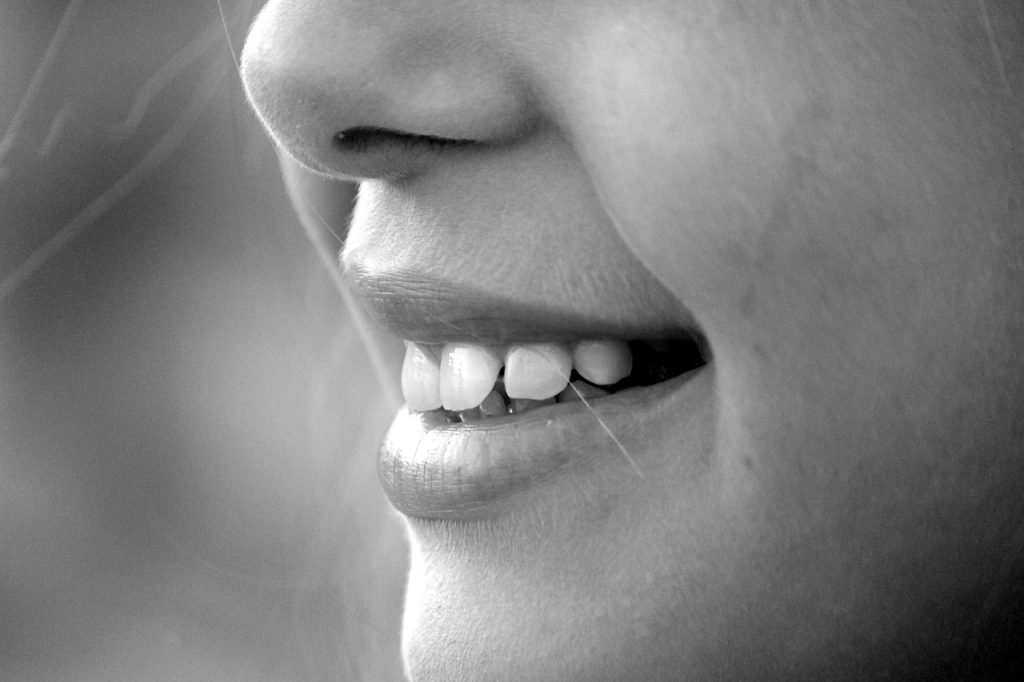
The field of dentistry has seen remarkable advancements over the years. Thanks to new technologies, dental procedures are now faster, more efficient, and far less painful. These innovations are making trips to the dentist easier, helping to improve both dental care and patient comfort. From digital diagnostics to laser treatments, modern dentistry is becoming a sophisticated blend of technology and health care.
In this blog post, we will explore the major advancements in dental technology that are transforming oral care.
1. Digital X-Rays
One of the most significant advancements in dental technology is the use
of digital X-rays. Traditional X-rays required a lengthy process involving film
development, which exposed patients to higher levels of radiation. Digital
X-rays, on the other hand, are safer and quicker.
With digital X-rays, the dentist can see the images almost immediately,
allowing them to diagnose issues such as cavities, bone loss, or impacted
teeth faster. The reduced radiation exposure makes this a healthier option
for patients, and the high-resolution images help dentists detect problems
that may not be visible to the naked eye.
2. 3D Printing in Dentistry
3D printing has revolutionised many industries, and dentistry is no exception.
This technology allows dentists to create custom-made dental appliances
like crowns, bridges, and dentures much faster. What used to take weeks
can now be done in a matter of hours.
Dentists can use 3D printers to design models that fit patients perfectly,
reducing the need for multiple adjustments. This precision not only saves
time but also increases patient comfort by providing a better fit. 3D printing
is also more cost-effective for both dental practices and patients, offering a
quicker, less expensive alternative to traditional manufacturing methods.
3. Laser Dentistry
Lasers have become a game-changer in dental procedures. Laser dentistry
can be used in a variety of treatments, from cavity removal to gum
reshaping, and even in teeth whitening. Lasers offer greater precision, which
means less damage to surrounding tissues.
One of the biggest advantages of laser dentistry is the reduced need for
anesthesia. In many cases, patients can undergo treatments without being
numbed. Healing times are faster as well since the laser minimizes bleeding
and swelling. Laser technology is especially useful for patients who may
have anxiety about traditional dental drills.
4. Intraoral Scanners
Gone are the days when patients had to bite down on a messy mold to
create impressions of their teeth. Intraoral scanners now allow dentists to
take digital impressions, which are faster and more comfortable for the
patient. These scanners create 3D images of the patient’s teeth, which
can then be used for planning treatments such as braces, crowns, or
implants.
The digital files from intraoral scanners are incredibly accurate, allowing
for better results in restorative treatments. Additionally, because the scans
are stored digitally, they can be shared easily with other dental professionals
or used for future treatment planning.
5. Teledentistry
Teledentistry has grown significantly, especially following the COVID-19
pandemic. This technology allows patients to consult with their dentist via
video calls or online platforms. For individuals who have difficulty making
regular trips to the dental office, such as those in rural areas or those with
busy schedules, teledentistry provides an excellent solution.
Through teledentistry, patients can get consultations, diagnoses, and even
treatment plans without needing to leave their homes. It also allows dentists
to monitor ongoing treatments, reducing the need for in-person follow-up
visits. While not all dental problems can be addressed virtually, teledentistry
serves as a convenient and accessible option for basic dental care.
6. CAD/CAM Technology
Computer-Aided Design (CAD) and Computer-Aided Manufacturing (CAM)
are technologies that allow dentists to design and produce dental
restorations like crowns and veneers in a single visit. In the past, creating
such restorations required multiple appointments and temporary solutions
while waiting for the final product.
With CAD/CAM technology, the dentist takes a digital scan of the patient’s
teeth, uses software to design the restoration, and then mills it right in the
office. The entire process is much faster, and the accuracy of the technology
ensures that the restoration will fit perfectly.
7. Dental Implants
Dental implants are not new, but advancements in implant technology have
made them more reliable and accessible. Today’s implants are designed to
fuse more effectively with the jawbone, providing a stable foundation for
artificial teeth. The materials used in implants are also more biocompatible,
reducing the risk of rejection.
Furthermore, the use of 3D imaging and guided surgery allows for more
accurate placement of implants, increasing the success rate of the
procedure. Dental implants have become a preferred solution for missing
teeth, offering a permanent, natural-looking alternative to dentures.
8. Artificial Intelligence in Dentistry
Artificial Intelligence (AI) is beginning to play a role in dentistry as well. AI
algorithms can analyze dental images and detect issues like cavities, gum
disease, or even early signs of oral cancer. This helps dentists provide a
more accurate diagnosis and create more effective treatment plans.
AI is also being used to streamline administrative tasks in dental offices,
such as scheduling appointments and managing patient records. This frees
up time for dentists and staff to focus on providing better patient care.
Advancements in dental technology have significantly improved the quality
of care patients receive. Whether it’s faster diagnostics, less invasive
treatments, or the convenience of teledentistry, these innovations are
making dental visits more efficient and comfortable. As technology
continues to evolve, we can expect even more breakthroughs that will
further enhance oral health care and patient satisfaction.
Staying up to date with these advancements ensures that both patients
and dental professionals can benefit from the latest tools and techniques
in modern dentistry. The future of dental care looks bright, and with these
innovations, maintaining a healthy smile has never been easier.
Notifications
- Dental awareness Camp at Kavisha Atria, ShelaDENTISTIUM Multispeciality Dental Clinic is organizing a Free Dental Health …
- Eminent Research Award 2025Dentistium Multispeciality Dental Clinic Wins Global Healthcare Award 2025! “Most …
- Article published on PR NEWS Network on Republic DayArticle published on PR NEWS Network on Republic Day . …
Read More "Article published on PR NEWS Network on Republic Day"
- Eminent Research Award 2024Dentistium Multispeciality Dental Clinic Honored with Health Care Icon Award …
- Dental awareness Camp at MAHER HOMES-2, Shela – 15th June 2025 –Dental Awareness Event at MAHER HOMES-2, Shela – 15TH June …
Read More "Dental awareness Camp at MAHER HOMES-2, Shela – 15th June 2025 –"
Recent Posts
- Dental Implants: Procedure, Purpose & Benefits
 Dental Implants: Procedure, Purpose & Benefits When it comes to …
Dental Implants: Procedure, Purpose & Benefits When it comes to … - The Many Factors Influencing Patient Hygiene Practices
 The Many Factors Influencing Patient Hygiene Practices Maintaining proper hygiene …
The Many Factors Influencing Patient Hygiene Practices Maintaining proper hygiene …Read More "The Many Factors Influencing Patient Hygiene Practices"
- Enhance Your Smile with Dental Crowns: A Complete Guide
 Enhance Your Smile with Dental Crowns: A Complete Guide Your …
Enhance Your Smile with Dental Crowns: A Complete Guide Your …Read More "Enhance Your Smile with Dental Crowns: A Complete Guide"
- June 2025 (6)
- May 2025 (53)
- April 2025 (2)
- March 2025 (3)
- January 2025 (2)
- November 2024 (1)
- April 2024 (1)
15,805 hits
.
Most Searched Pharmacy products on our site
-
-
-
₹2,450.00Rated 0 out of 5
Experience powerful oral care with the PRO200V PORCLEAN Water Flosser....
-
.
.
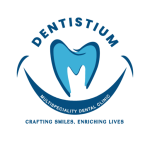
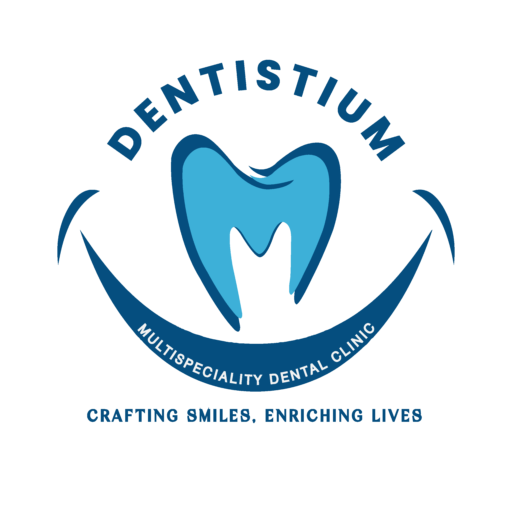
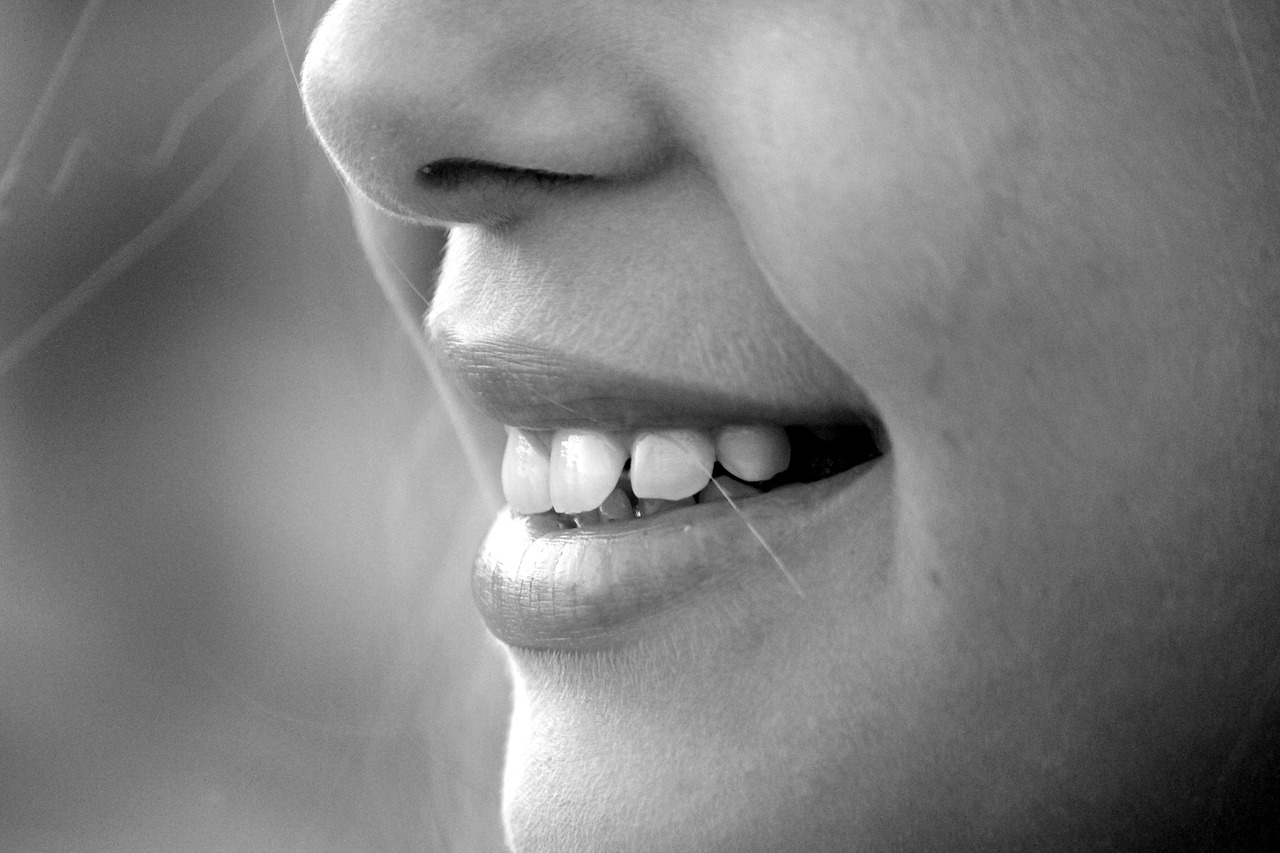










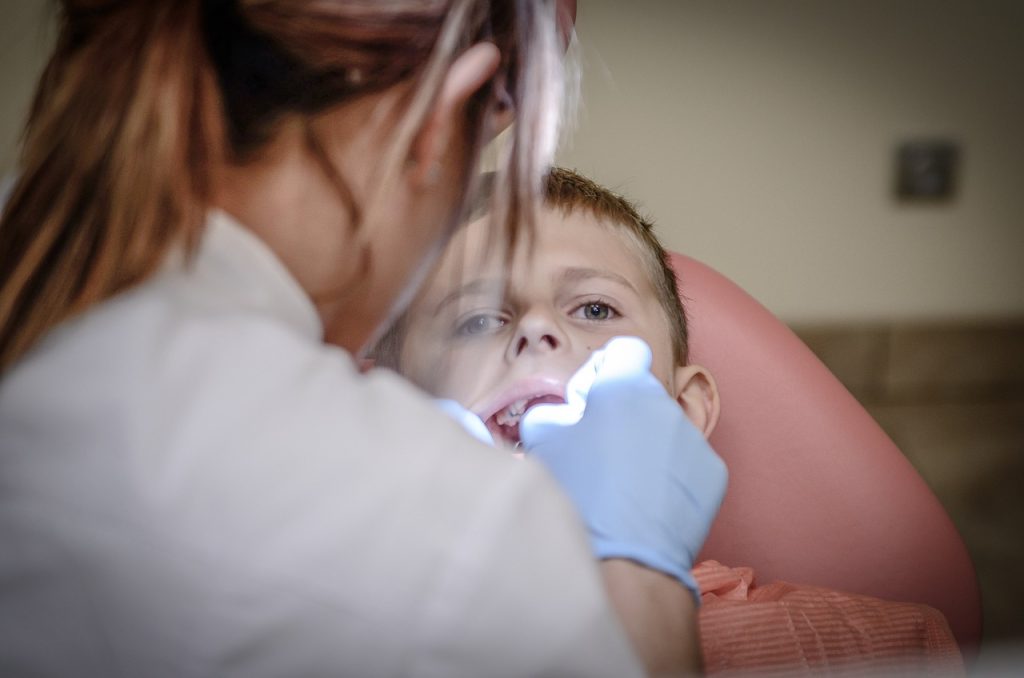
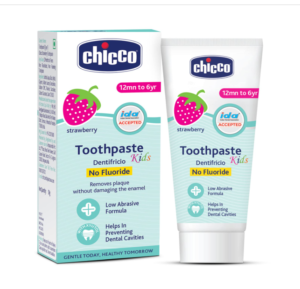
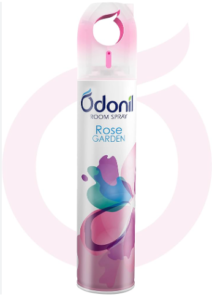
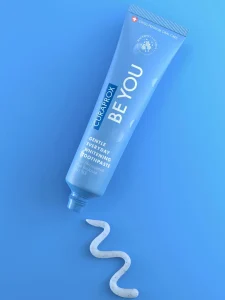

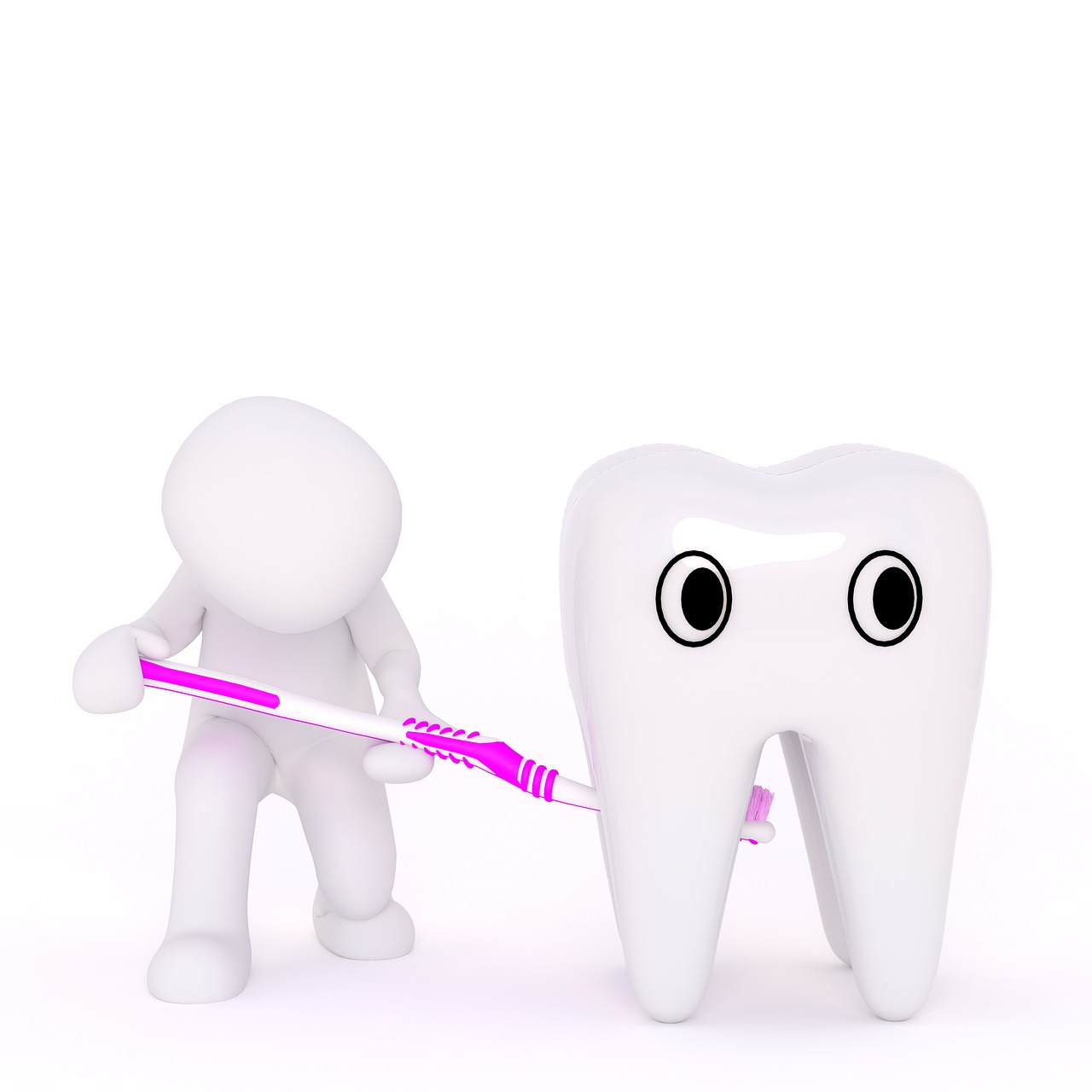
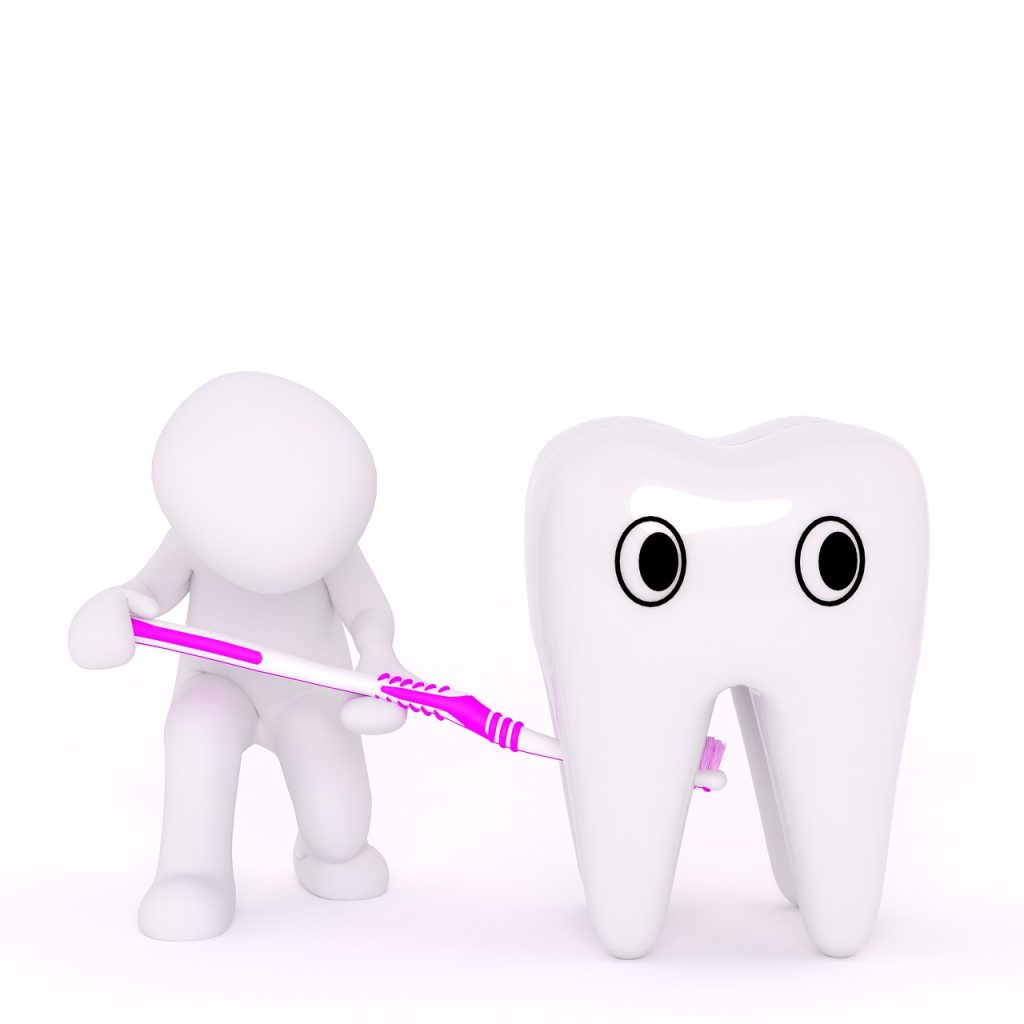


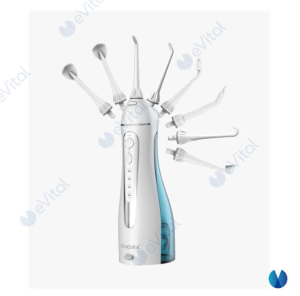

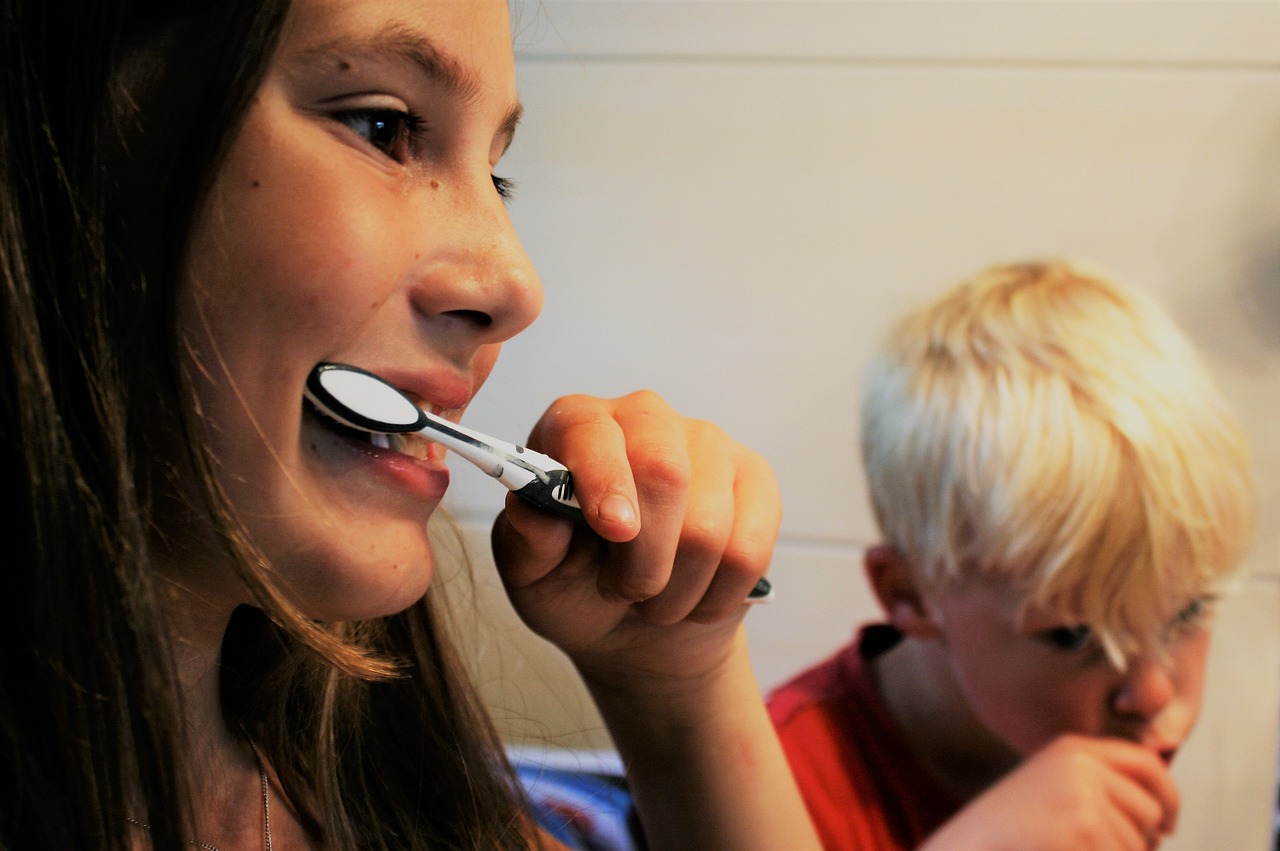
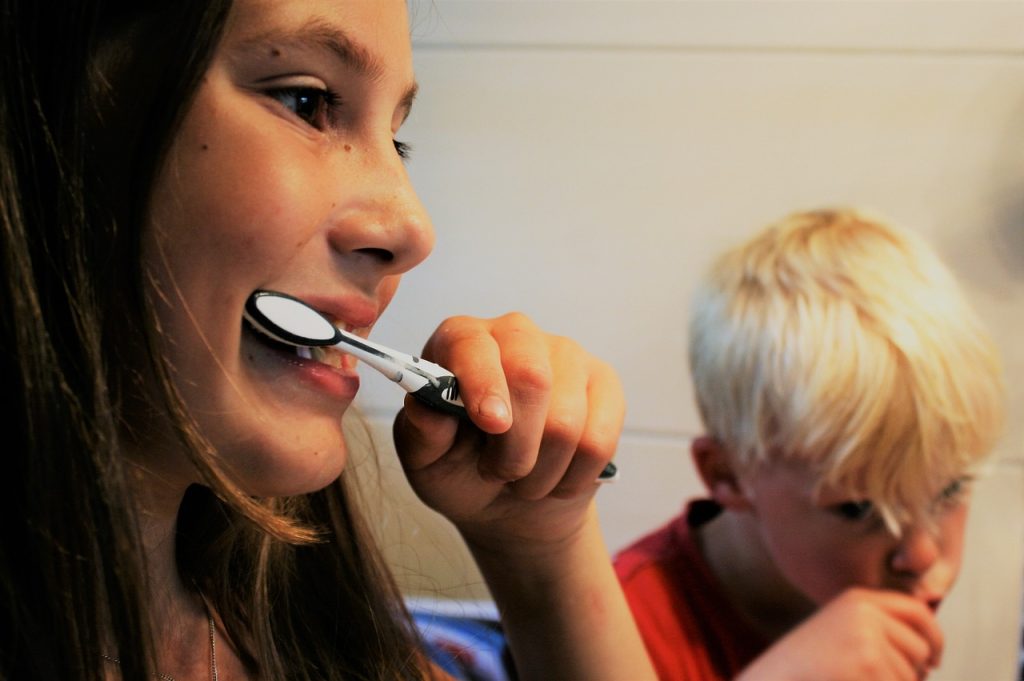
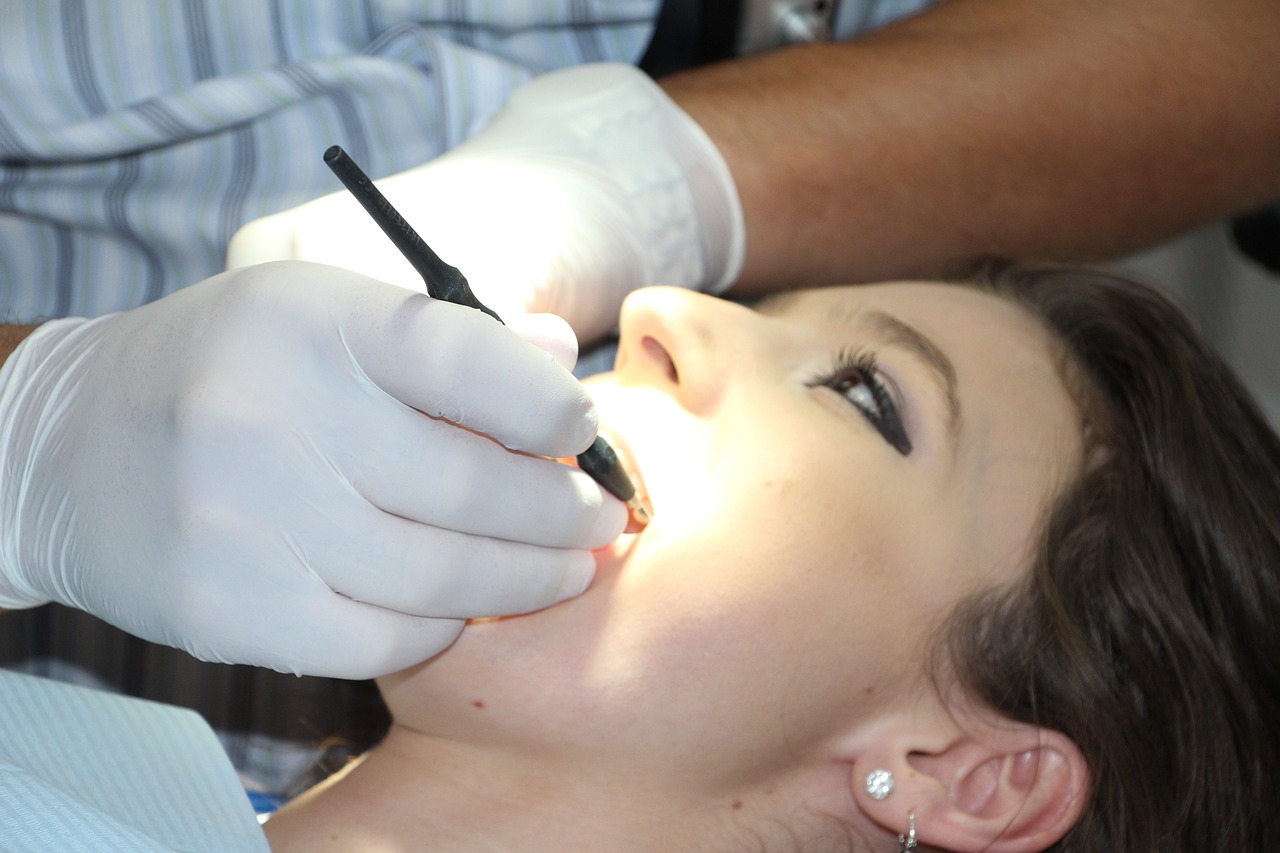
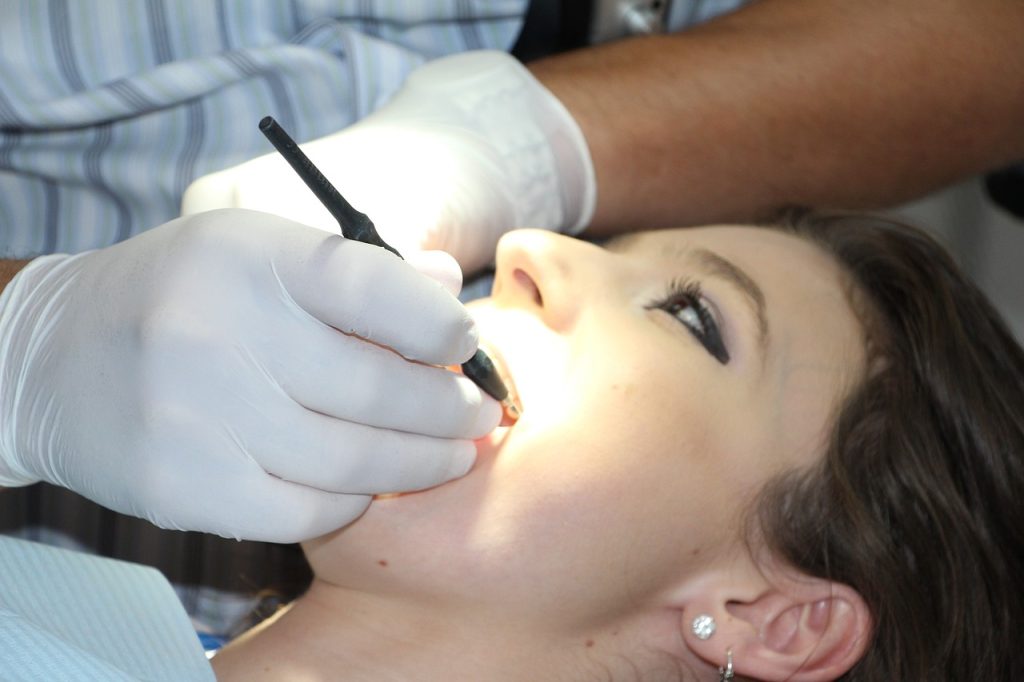
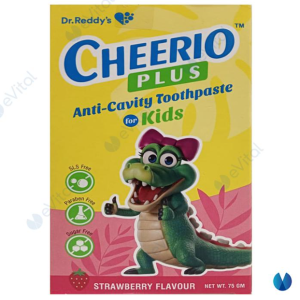





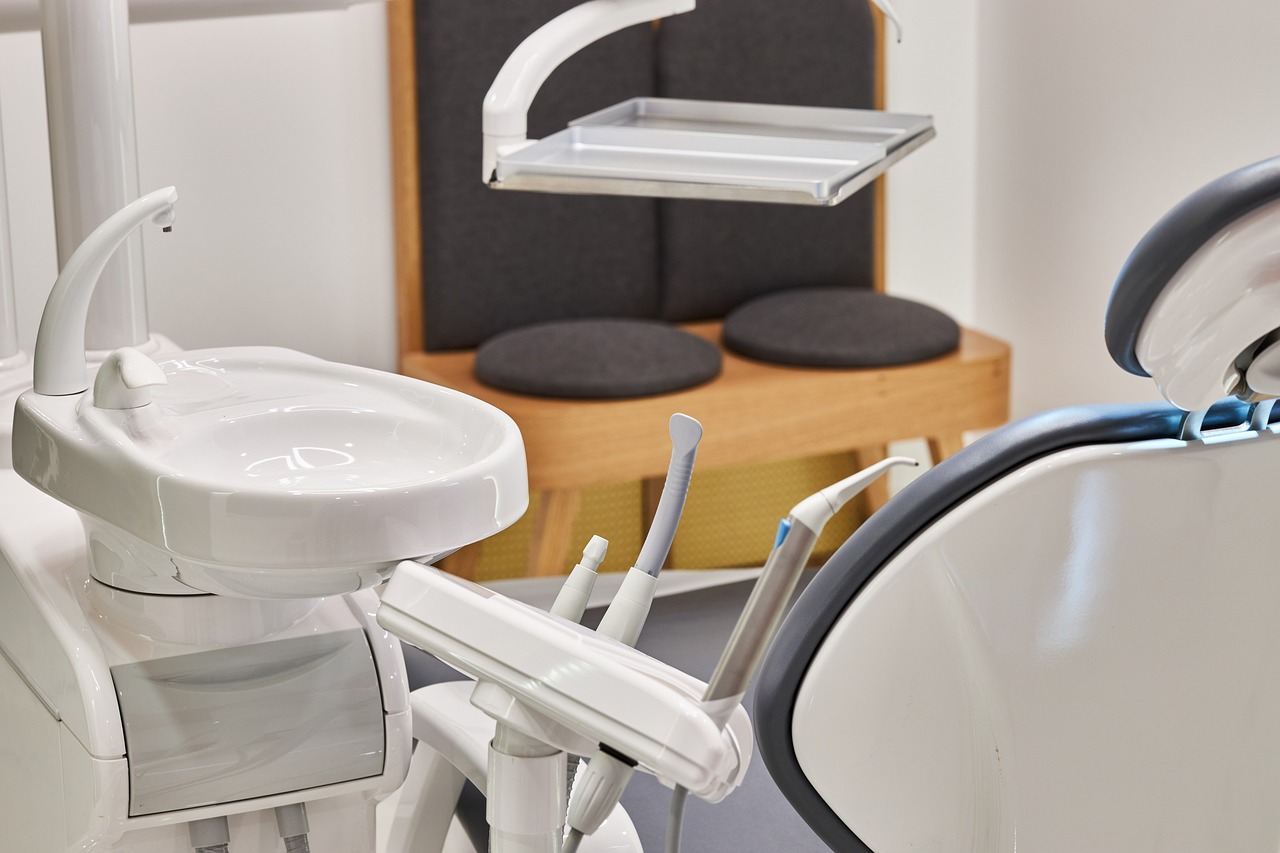




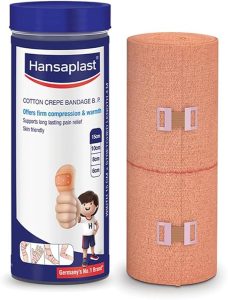
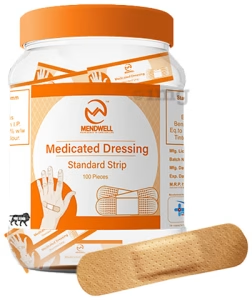


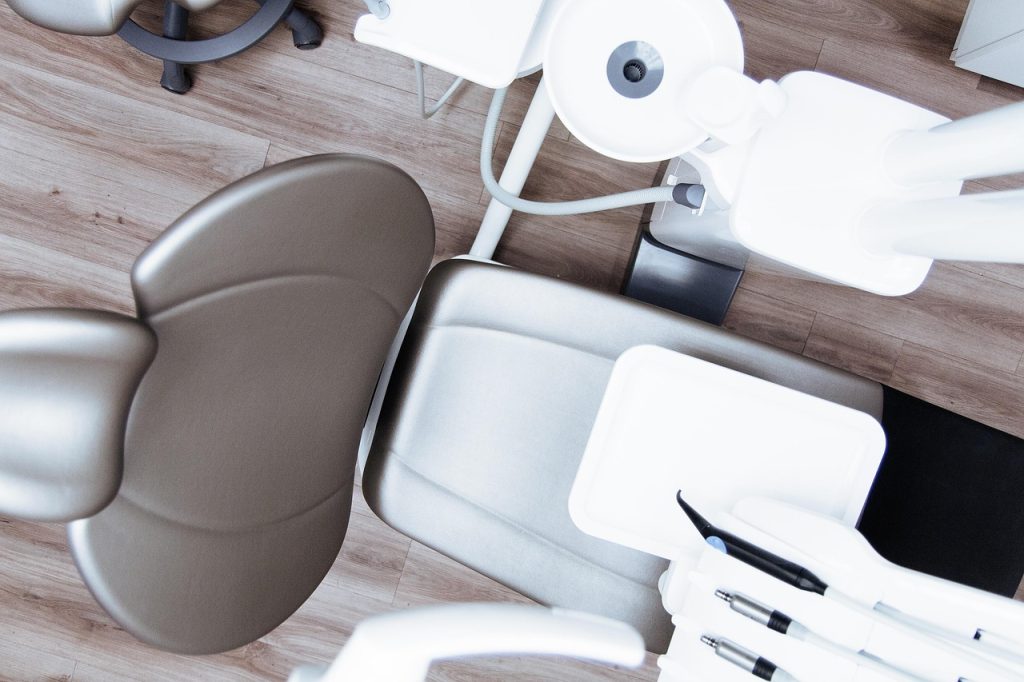
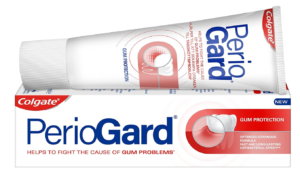
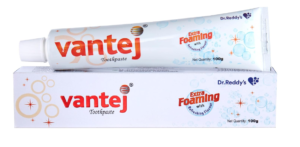
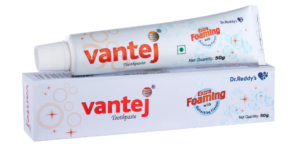
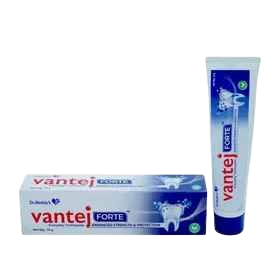

 Plakoff Water Flosser (CB-150H)
Plakoff Water Flosser (CB-150H)